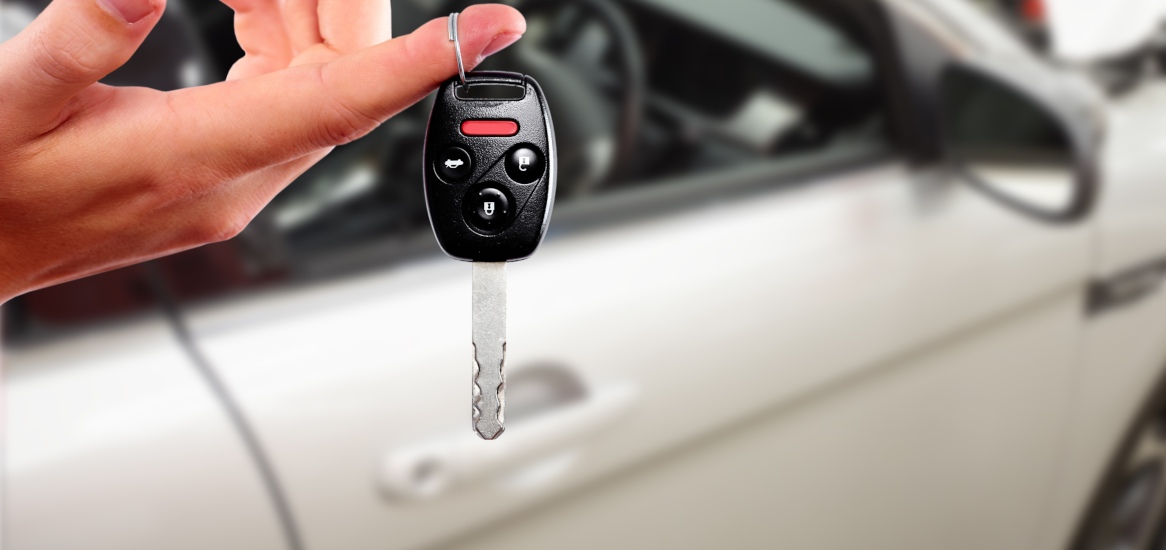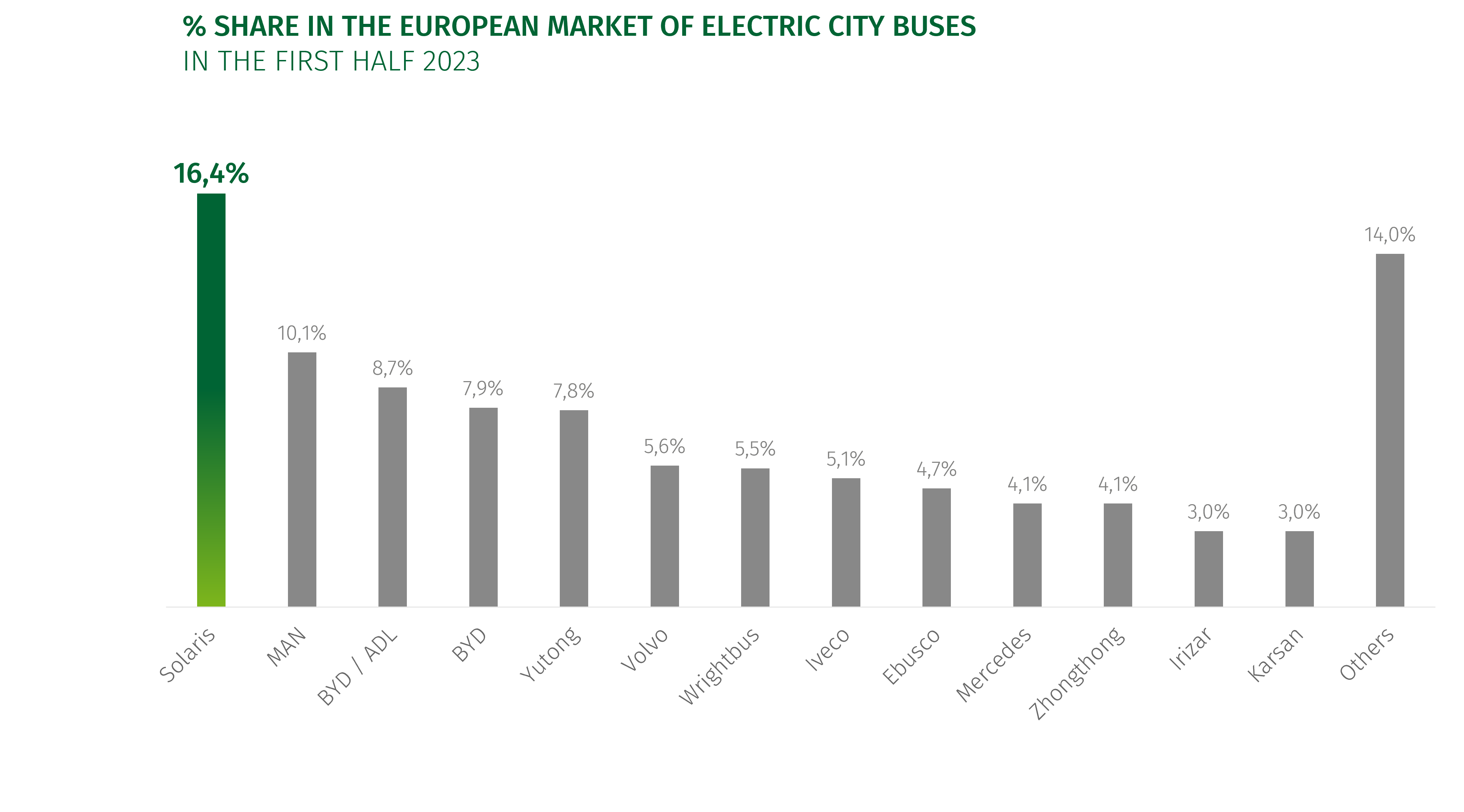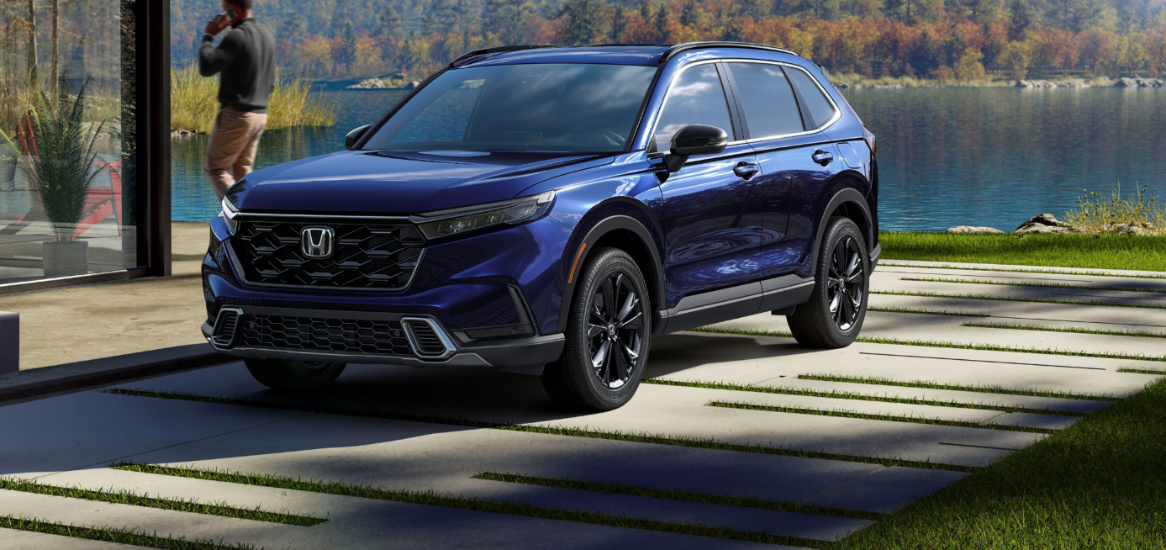6 Pros And Cons Of Buying A Used Car

In some cases, brand new vehicles are too expensive to purchase. For this reason, many buyers opt to get used cars instead. If you’d like to consider this option, you must first evaluate the advantages and disadvantages of taking this route. This way, you’ll be able to make an informed final decision.
Should You Purchase A Second-Hand Vehicle?
If you’d like to buy a pre-owned car, one of the most critical factors you must consider is your seller. A person might offer you a vehicle that has sustained too much damage without disclosing its actual condition. Also, you could buy a stolen car, which could get you into trouble with the law.
Therefore, it’s best to purchase a used vehicle from a trusted source to avoid such risks. If you, for instance, live in Kentucky, you could consider buying from Toyota of Bowling Green or other reputable dealerships around you. Alternatively, purchase your car from a trusted friend.
You might have found an excellent second-hand car seller. However, before taking your vehicle home, you must evaluate its pros and cons. Below are some you could consider before making a final decision.
Advantages Of Buying A Used Vehicle
There are several benefits of choosing a used car over a new one. Some of the reasons why many buyers might opt for a second-hand vehicle are:
It May Cost Less To Purchase
Many people opt for used vehicles rather than new ones because they’re more affordable. In some cases, you might find that a second-hand car of a particular model and year will be significantly cheaper than an unused one of the same year and model. This may be so because new vehicles largely reduce value in their first 12 months.
For instance, a new car could depreciate by 20% a year after purchase. This means if you buy it at USD$50,000 its value will drop by USD$10,000 in the first 12 months. However, if you purchase it second-hand when it’s a year older, it’ll already have depreciated by USD$10,000. So, you won’t lose much money as the original buyer did.

You Might Pay Less Insurance
Insuring a second-hand vehicle may be less expensive than a new one. One of the factors determining cars’ insurance rates is age. A new automobile has more value because it hasn’t undergone depreciation. Therefore, an insurance company might ask for higher premiums for it.
On the other hand, a used car has already experienced wear and tear, which decreases its value. Therefore, an insurer may charge a cheaper rate for it.
- There’s A Wide Variety To Choose From
The used vehicle market has grown significantly over the past years. Therefore, you might find more second-hand cars than new ones. So, if you decide to buy a second-hand vehicle, you might discover a wide variety to choose from within your price range. This might not be the case with new cars.
As seen, there are several reasons why you should purchase a used vehicle instead of a new one. As you’ve learned from this article, they’re cheaper to buy and insure, and they come in different options. However, second-hand cars also have some cons. Some of these are provided below.
Disadvantages Of Buying A Used Vehicle
There may be many upsides to choosing a second-hand car over a new one. However, it’s advisable not to lean on the merits only.
Below are some disadvantages of buying a second-hand vehicle:
- The Vehicle Might Have Higher Mileage
Used cars with higher mileage are sold cheaply. However, they may have more wear and tear, especially if the previous owner didn’t properly maintain them. This means if you buy such a vehicle, you might have to spend more money restoring the damaged components.
The overall repair costs could turn out to be expensive. Therefore, you might need other vehicle restoration payment methods to finance repairs. This could mean taking loans from friends or institutions, which increases personal debt.
- You Might Get No Or A Limited Warranty
A used car might not have a warranty, especially if you’re getting it from a private seller. It means that if the vehicle gets damaged soon after buying it, you’ll have to pay for the repairs or a replacement from your pocket.
Sometimes, dealerships offer warranties for used cars. However, these might only be for a shorter period and might only cover some systems or parts, not the entire vehicle.
- You May Be Charged A Higher Loan Interest Rate
Lenders might also charge a higher loan interest rate for a used car. Most financiers ask for more because it may be challenging to determine a second-hand vehicle’s value. Also, some lenders perceive that a person buying a used car may be short on finances. They may see this as a risk and ask for a higher loan interest rate.
You’ve learned that a used car comes with more mileage, limited or no warranties, and may require a higher loan interest rate. You also have to consider these demerits before making a final decision if you’d like to buy a second-hand vehicle. If you need more insight, further research on used cars will help. Talking to a friend with more experience in second-hand automobiles might also be beneficial.
Conclusion
It’s advisable to weigh the disadvantages and advantages of buying a used car first before getting one. This way, you’ll make an informed purchase decision. For this reason, this article provides six helpful pros and cons. Consider these to evaluate if a second-hand vehicle is a good investment for you.





